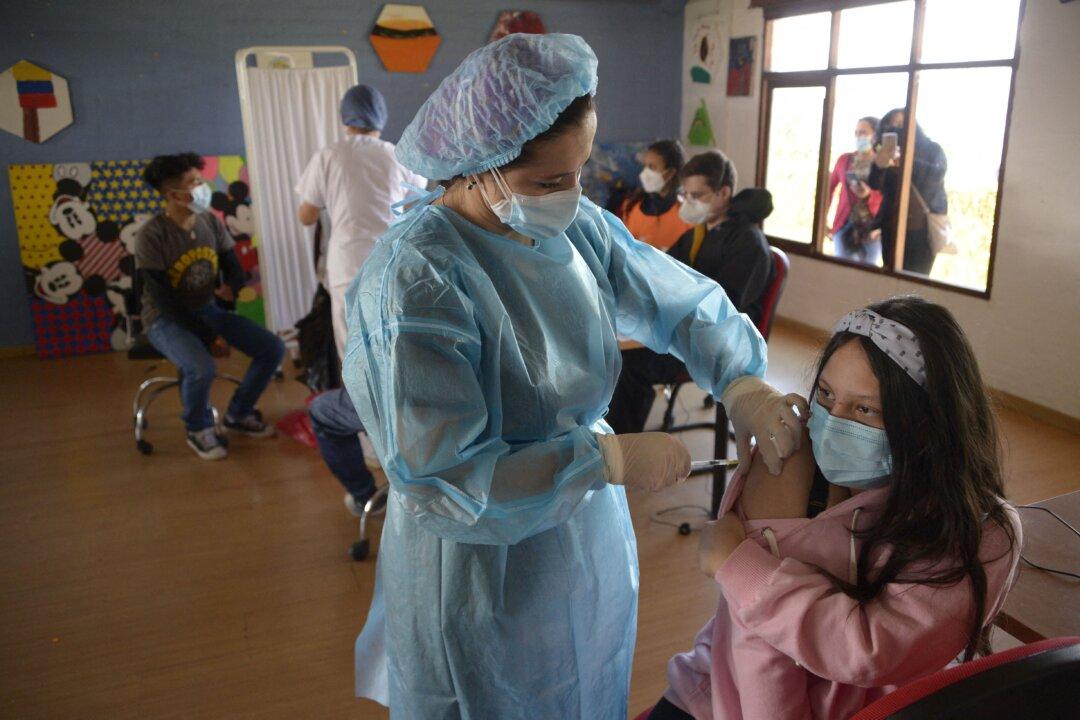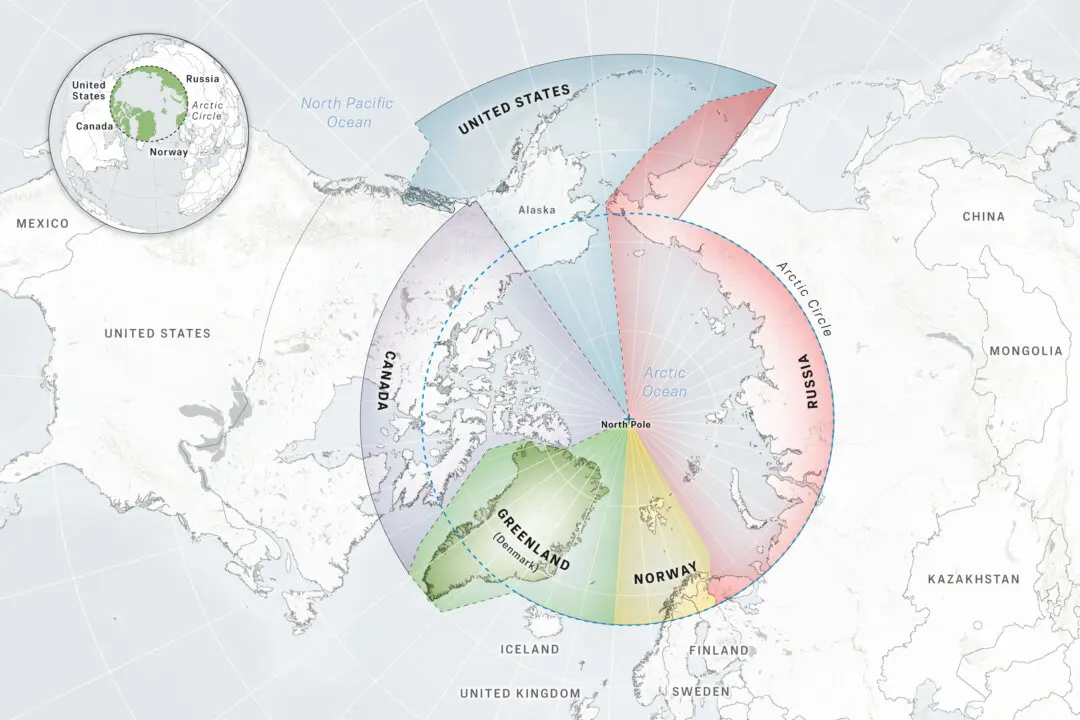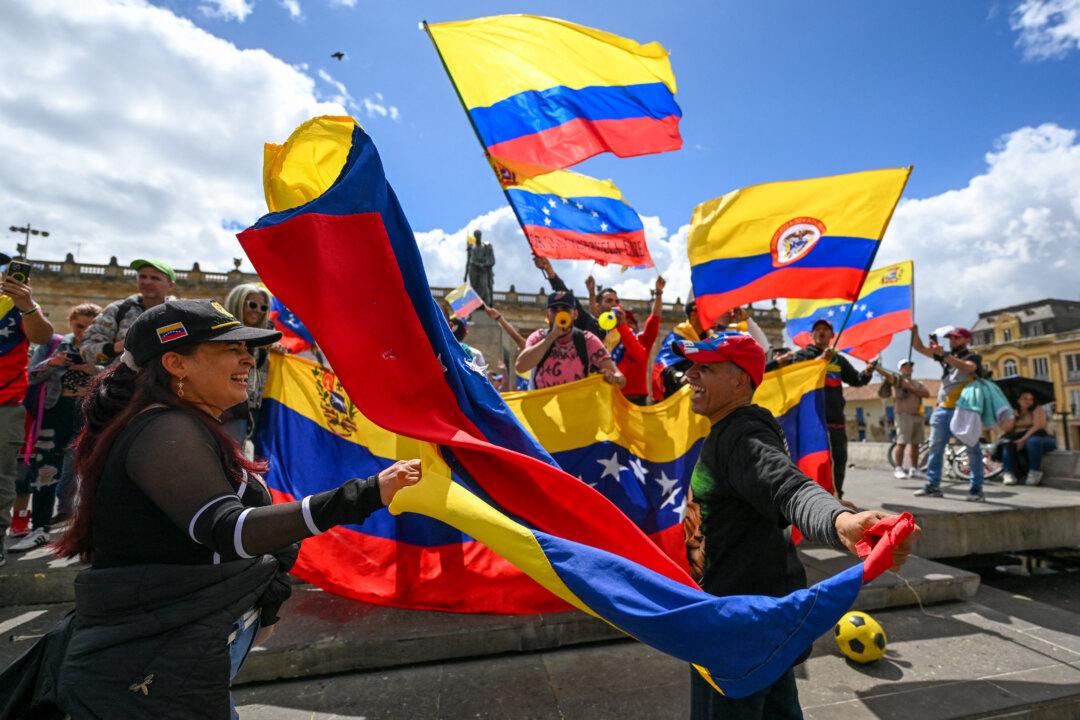A grassroots organization defeated a government-backed COVID-19 vaccine mandate in Ecuador’s Loja Province on Aug 5.
On July 6, the Emergency Operations Committee (EOC), which is a crisis response branch of Ecuador’s state-level government, released a decree mandating COVID-19 vaccines for province residents over 16 years of age by Aug. 9.





